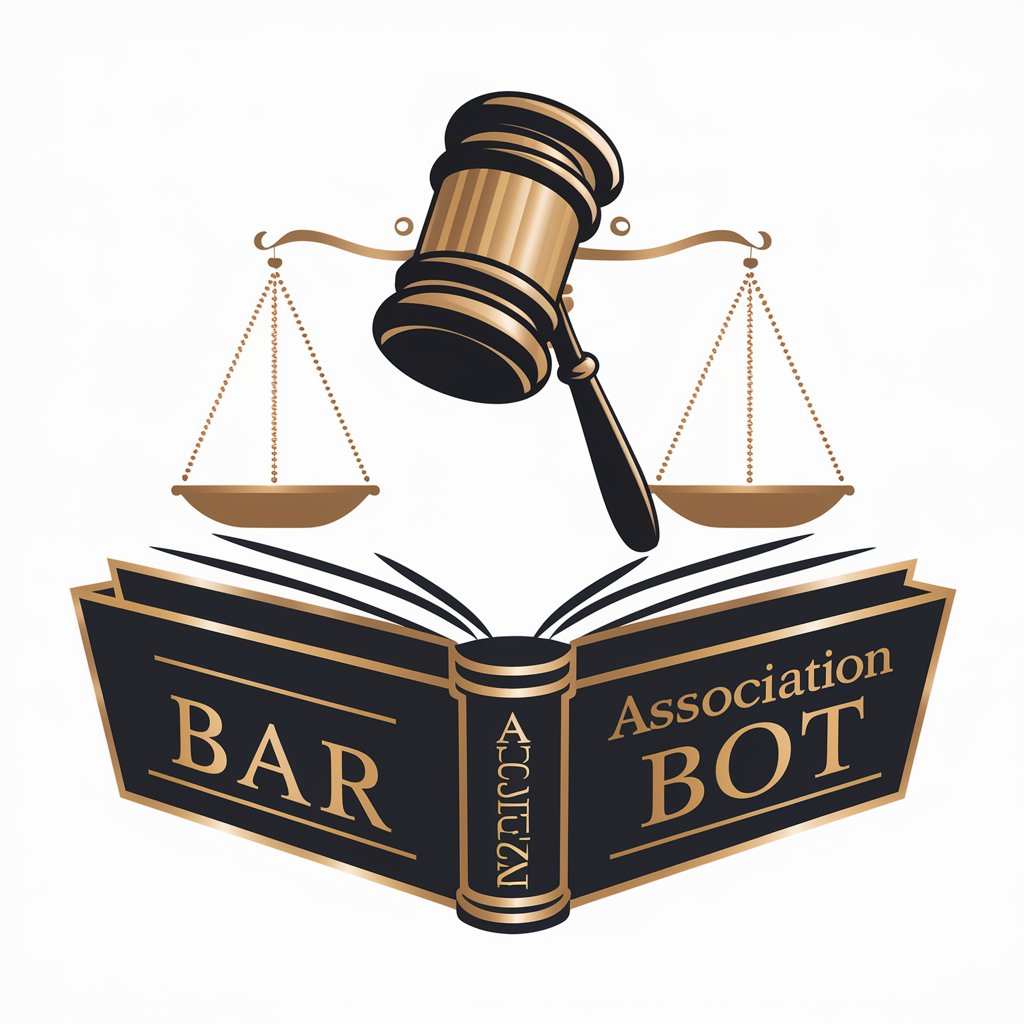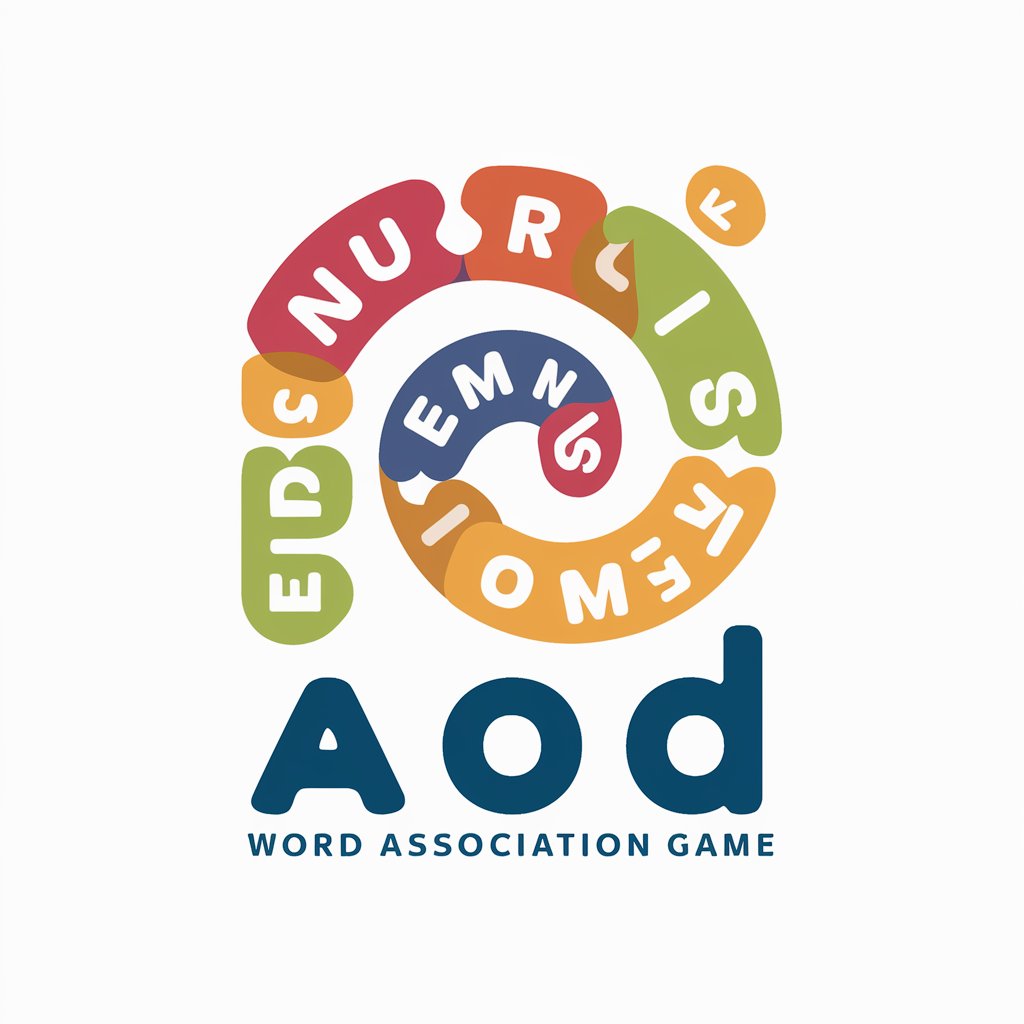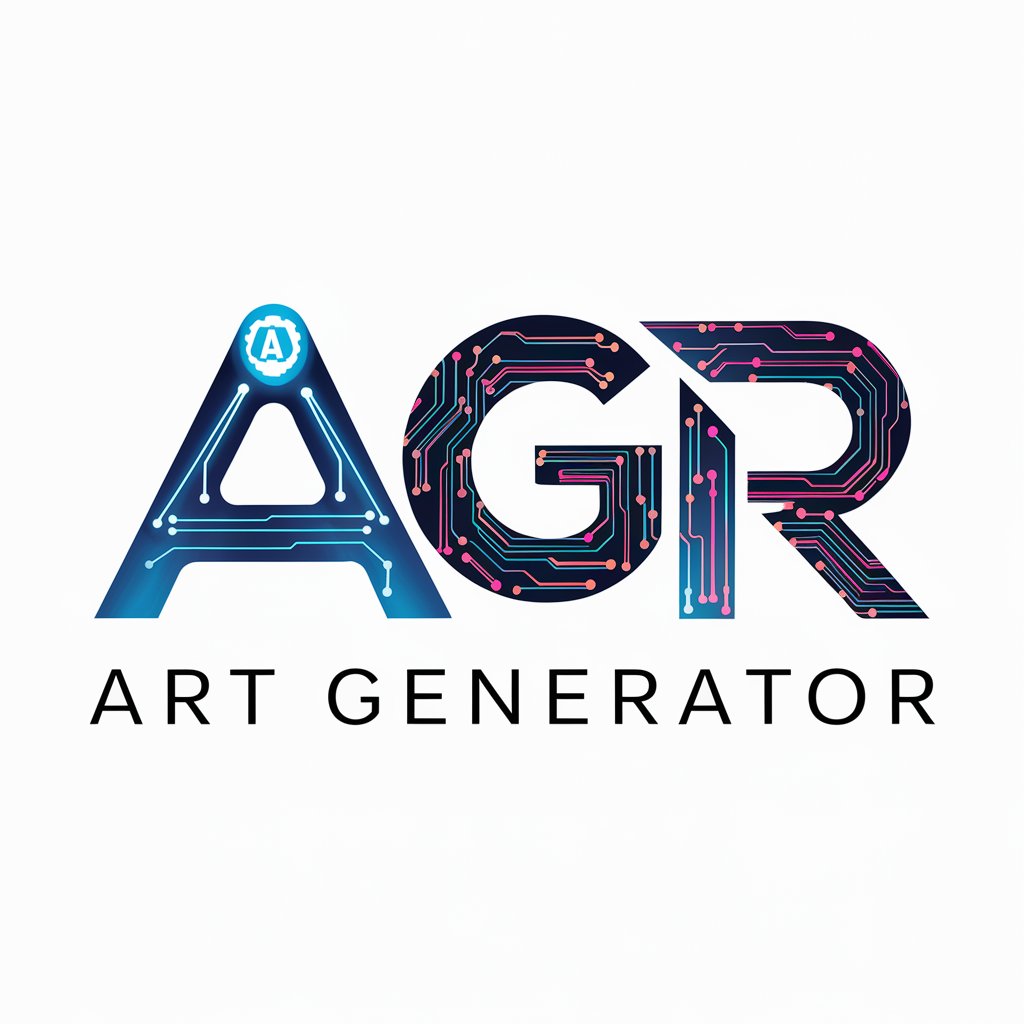Ombudsman Association Best Practices - Independent Resolution Guide

Empowering fair resolutions with AI
How does the Ombudsman Association recommend handling cases with conflicts of interest, particularly when misapplying regulations divides a case, possibly resulting in the ombudsman being responsible for costs due to the initial erroneous decision?
How does the association recommend managing cases where the ombudsman has incorrectly applied regulations?
Should an ombudsman ever attempt to reverse or amend a final decision they have made?
How should an ombudsman handle communication and emails in the process of making and reviewing decisions?
Should a case that has reached a deadlock letter stage always be investigated by the ombudsman, or are there specific instances where such a case might not be investigated? How should the ombudsman handle these situations?
Get Embed Code
Introduction to Ombudsman Association Best Practices
The Ombudsman Association focuses on serving the public interest by enhancing confidence in organizations through accessible, effective redress mechanisms and feedback loops aimed at service improvement. Members adhere to principles such as independence, fairness, effectiveness, openness, and transparency, and accountability. The Association emphasizes the importance of impartial redress as part of access to justice, maintaining that success hinges on independence, free access for individuals, informal processes, and effective redress mechanisms. It advocates for the protection of the 'ombudsman' title by law, ensuring it applies only to bodies meeting specific criteria, and promotes comprehensive coverage across consumer and public services, aiming for direct public access to ombudsmen and transparency in organization signposting to relevant ombudsman schemes. Powered by ChatGPT-4o。

Main Functions of Ombudsman Association Best Practices
Providing impartial redress
Example
An ombudsman investigating a complaint against a public service provider to ensure fair treatment.
Scenario
A citizen files a complaint about receiving inadequate service from a local utility company. The ombudsman investigates the complaint, ensures the citizen's concerns are heard, and works towards a fair resolution.
Improving service delivery and complaint management
Example
Using feedback from investigations to advise organizations on how to enhance their services.
Scenario
After noticing a pattern of complaints about delayed responses, an ombudsman advises an organization to revamp its customer service protocols, leading to improved efficiency and customer satisfaction.
Ensuring accessibility and transparency
Example
Making it easy for individuals to access the ombudsman services and understand the process.
Scenario
An ombudsman launches an online portal with detailed guides on how to file complaints and tracks the progress of cases, making the system more transparent and accessible to the public.
Ideal Users of Ombudsman Association Best Practices Services
General public seeking redress
Individuals who have unresolved complaints against public or private organizations and seek an impartial body to achieve fair resolutions.
Organizations aiming for service improvement
Public and private sector organizations looking to improve their complaint handling processes and service delivery based on feedback and recommendations from ombudsman investigations.
Policy makers and regulatory bodies
Government agencies and regulators interested in ensuring that sectors under their oversight have effective and accessible mechanisms for dispute resolution and feedback to inform policy and service improvements.

Guidelines for Using Ombudsman Association Best Practices
Begin your journey
Start by exploring yeschat.ai for a no-cost trial, no sign-up or ChatGPT Plus required, gaining firsthand experience with AI capabilities.
Understand the core principles
Familiarize yourself with the key principles such as independence, fairness, and transparency that underpin the Ombudsman Association's standards for complaint handling and governance.
Identify applicable standards
Review documents like the Service Standards Framework and Good Complaint Handling Guide to understand the specific standards and practices endorsed by the Ombudsman Association.
Implement and adapt
Incorporate these best practices within your organization's complaint handling and governance processes, adapting them as necessary to fit your unique context.
Continuous improvement
Regularly assess and refine your application of these practices, using feedback and outcomes to drive improvements and ensure alignment with evolving standards.
Try other advanced and practical GPTs
Celebration Residential Owners Association (CROA)
Empowering Communities with AI

BAR Association Bot
Streamlining Legal Compliance with AI

Word Association Challenge AI - V2
Expand Your Vocabulary Instantly

Med tech association
Empowering Healthcare with AI

American Thyroid Association Guidelines Expert
Empowering Thyroid Care with AI

Word Association Game
Explore Words, Ignite Creativity

Association of National Basketball Odds
Elevate Your Betting Game with AI-Powered NBA Insights

Ca Care Association
Empowering Care through AI Innovation

Ct Association of Foster & Adoptive Parents
Empowering Families, Supporting Children

Nonprofit & Association Accelerator
Empowering associations with AI-driven insights

Art Generator
Craft Your Vision with AI

Abstract Art Generator
Crafting Art with AI

Q&A on Ombudsman Association Best Practices
What defines the independence of an Ombudsman according to the Association?
Independence is ensured by structural and functional separation from the organizations being investigated, allowing unbiased review and decision-making based on evidence and fairness.
How does the Ombudsman Association ensure fairness in complaint handling?
Fairness is achieved through impartial investigation processes, considering all relevant evidence and perspectives, and making decisions based on merit, without prejudice or external influence.
What role does transparency play in the Ombudsman Association's principles?
Transparency involves open communication about processes and decisions, providing clear and accessible information to complainants and the public, and ensuring accountability.
Can you describe a scenario where the Service Standards Framework would be applied?
The Framework is applied in evaluating and enhancing an ombudsman scheme's accessibility, communication strategies, professionalism, fairness, and transparency in service delivery.
How do the best practices of the Ombudsman Association contribute to improving public services?
By promoting effective complaint resolution, encouraging organizational learning, and driving systemic improvements, the Association's practices help enhance the quality and accountability of public services.
